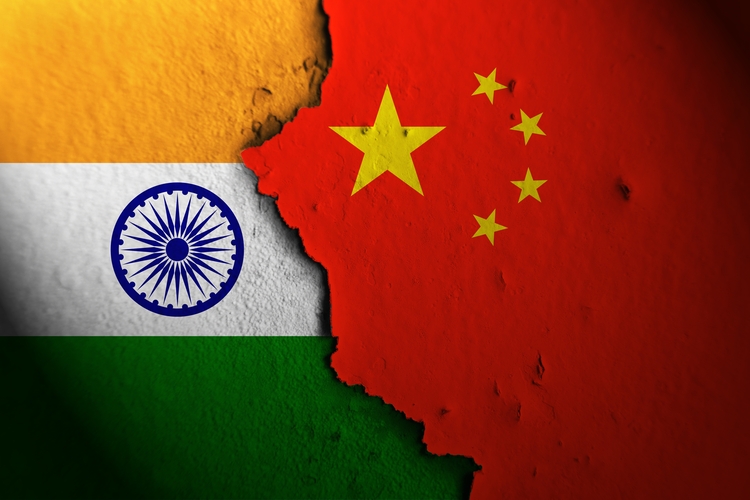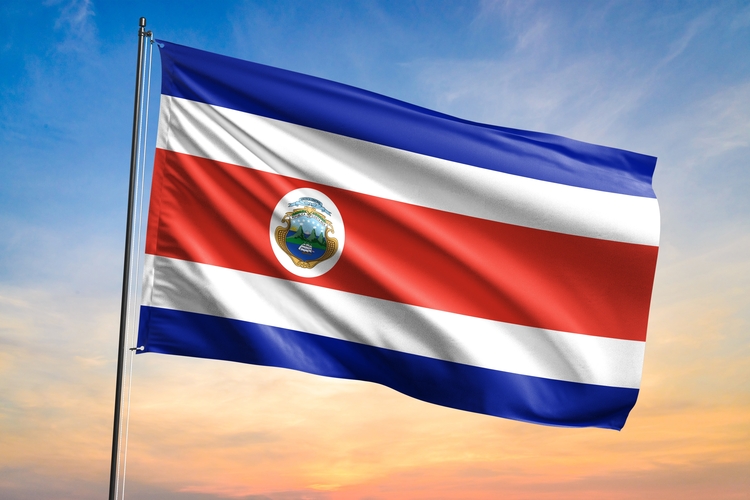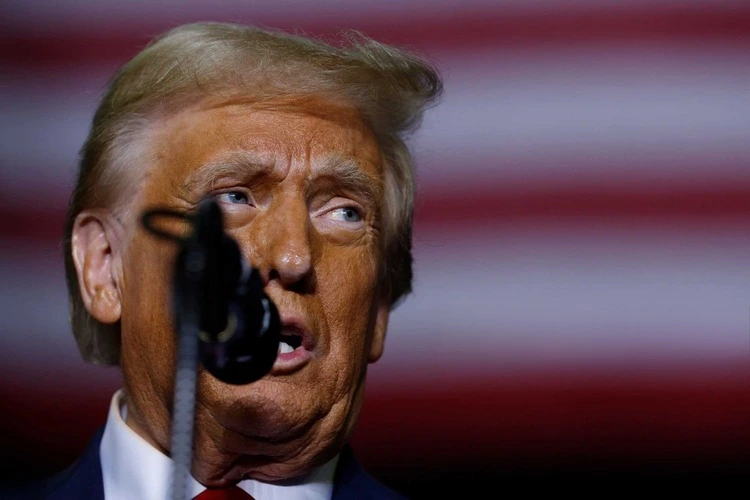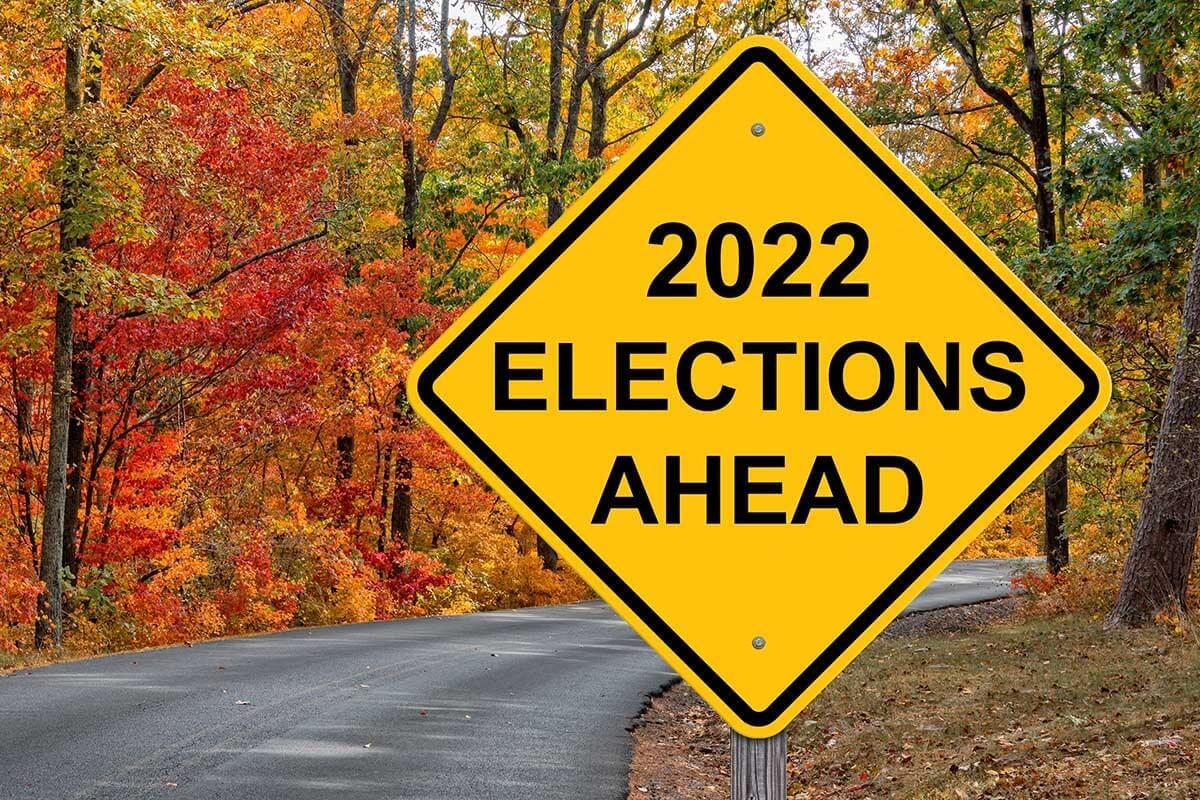
Tim Marshall looks ahead to some of the key elections around the world taking place in 2022
Geopolitical Hotspots
Politicians come and go, but geography both shapes and outlasts them all. Nevertheless, politicians and elections matter – even the ones that are stolen. Last year, it mattered that Daniel Ortega rigged the Nicaraguan election, and that in Iran, the fix was in when candidates were barred from standing. It mattered that Zambia saw a peaceful democratic transfer of power and that a new chancellor and coalition took over in Germany. And it mattered that Hong Kong’s Legislative Council election didn’t happen at all.
This year, hundreds of millions of people will again cast their votes, some with hope, others with resignation, and they will all count in one way or another.
France
The waves of populism that have swept Europe this century may not yet have subsided. If Emmanuel Macron is re-elected as president after the 10 and 24 April voting rounds we can expect the usual narrative that extremism has been defeated in France. If so, look for the combined vote of the two extreme-right-wing candidates Marine Le Pen and Eric Zemour, and their opposite number on the left, Jean-Luc Mélenchon. If, as expected, they poll close to 40 per cent, then the narrative will again be wrong.
Hungary
Spring will see new parliamentary elections in Hungary that the opposition has dubbed as a choice – ‘Orbán or Europe’. Viktor Orbán of the far-right Fidesz Party has been prime minister since 2010. To unseat him, six opposition parties have come together and will back centre-right candidate Peter Marki-Zay as a replacement. An Orbán victory will cement his domestic power and ties to China and Russia, whereas an opposition win would see Hungary edge back towards being a liberal democracy and better relations with the EU.
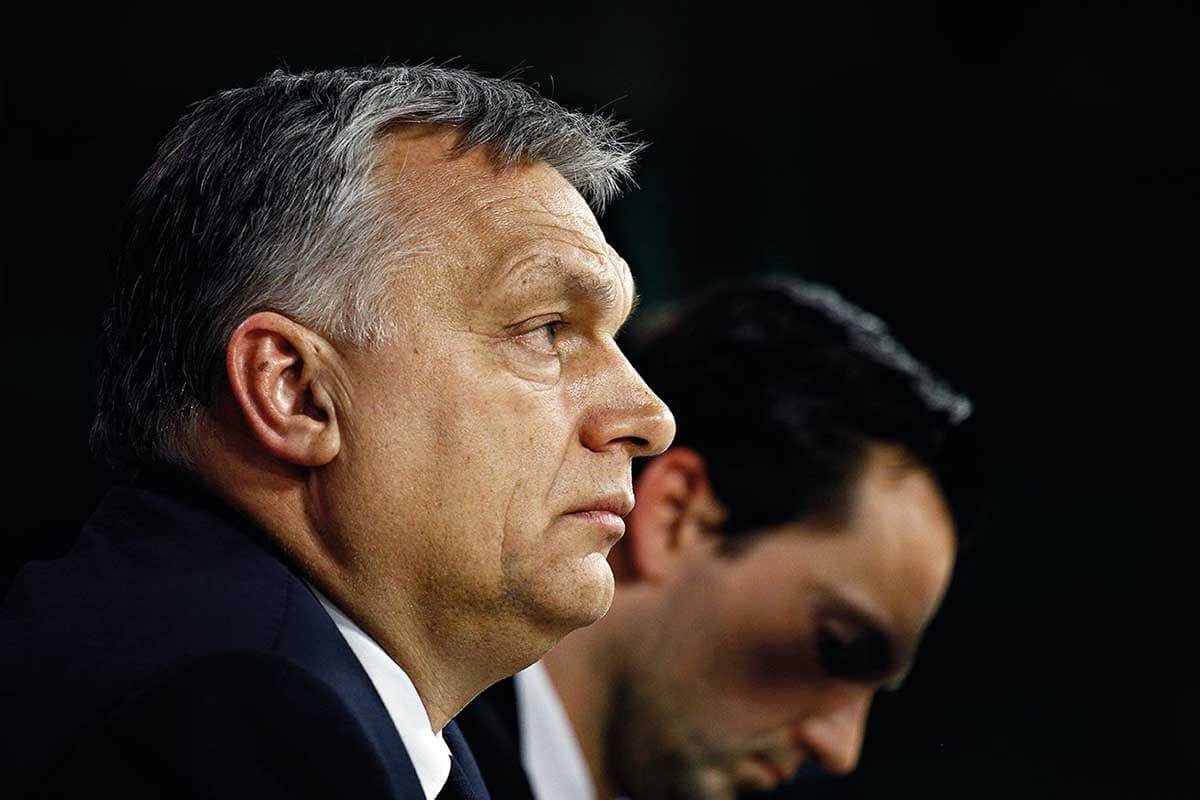
Serbia
President Aleksandar Vučić of Serbia is another politician accused of backsliding on democracy, freedom, and the rule of law. He’s up for reelection in April and already has one vote… Russian President Vladimir Putin has expressed his support as part of Moscow’s drive to ensure that the EU doesn’t grow any bigger.

Bosnia and Herzegovina
Putin will also be hoping that his protégé in the Republika Srpska part of Bosnia is successful. Milorad Dodik may stand for re-election in October as Bosnia chooses three presidents – one for each of the main ethnic groups. The arrangement is a result of compromises made at the end of the Bosnian war in 1995. Dodik has recently threatened to form a Bosnian Serb army and to boycott the election. The former high representative Wolfgang Petritsch has warned that this ‘could mean the de facto end of the state of Bosnia and Herzegovina’.
Sweden
Sweden’s prime minister Magdalena Andersson made headlines last year when she became the country’s first female head of government… for seven hours. It all ended when the Green Party left the coalition government because it was operating under a budget that the extreme-right Sweden Democrats had backed. Andersson, of the Swedish Social Democratic Party, was re-elected later the same week. The Sweden Democrats are now the third-largest party in parliament. September’s election will see if the party’s rise continues.

Kenya
Kenyans go to the polls in August to elect a new president and members of parliament. President Uhuru Kenyatta can’t stand for a third term on constitutional grounds. He and his deputy, William Ruto, have fallen out but Ruto is still favourite to take over. Kenya’s political parties are run along tribal rather than ideological lines and elections have often triggered ethnic violence. Last year, Kenyatta, a Kikuyu, reminded his country that only members of the Kalenjin and Kikuyu tribes had led Kenya and perhaps it was time for a change. But Ruto, a Kalenjin, says he had a deal with Kenyatta that he would take over. Raila Odinga of the Luo tribe hopes to take advantage of the split but trails Ruto in the polls. One election issue is the civil war in neighbouring Ethiopia, which threatens to spill across the border. Kenyatta is a leading figure in talks to end the conflict and some voters will ask which candidate is best suited to playing the role of international statesman.
Mali
Mali was meant to have a presidential election in late February, returning to democracy after a coup in 2020. However, a second coup last year, by the same leader, Colonel Assimi Goita, makes this unlikely. Several West African states have threatened sanctions if the vote doesn’t go ahead, but in the first week of January, a government sponsored conference recommended a delay of between six months and five years. France, already trying to reduce its military footprint in the country, may now try even harder to get out.
Tunisia
This year Tunisians get to have their say on President Kais Saied’s suspension of parliament for a month last July and decision to grant himself full executive authority. As he put it, this was for the good of the country. Parliament is still suspended. A year on, people will vote in a referendum on Saied’s proposals to change the constitution. Parliamentary elections will follow in December. According to Saied, this will ‘liberate our people and our country’. The constitutional changes are expected to liberate him to take even more power. He’s currently polling well.

Australia
Australian prime minister Scott Morrison faces a tough battle in May if he wants another three years in power. His opponent is Anthony Albanese, whose Labor Party has a narrow lead over Morrison’s Liberal-National coalition. Morrison’s also up against climate change and his view of it. He likes coal, specifically from Australian coal mines, but a clear majority of the population wants them shut down. As an issue, it’s up there with Covid-19 and the government’s bellicose relationship with China.
Philippines
The Philippine election in May features some interesting characters. President Rodrigo Duterte, also known as ‘Duterte Harry’, can’t stand again, but another Duterte is feeling lucky. His daughter, Sara, is running for vice president and has been endorsed by presidential contender Ferdinand ‘Bongbong’ Marcos Jr, son of former dictator Ferdinand Marcos Sr. This means that two political dynasties are expected to be prolonged simultaneously. Manny Pacquiao, the former world-champion boxer and now senator and presidential candidate, looks as though he’s punching above his weight in this one.
You may also like
Brazil
Few populist leaders are as populist as Brazil’s president, Jair Bolsonaro. His problem is that he’s no longer popular. A Trump disciple, Bolsonaro may mock gay rights, express a fondness for dictators and support more logging in the Amazon rainforest, but it’s Covid-19 that may do for him – perhaps literally. He refuses to be vaccinated, arguing that the virus is just a ‘little flu’, despite Brazil having the world’s second-highest Covid-19 death toll (616,000 as of December). A senate committee accused him of perpetrating ‘crimes against humanity’ due to negligence. His main opponent is expected to be former president Luiz Inacio Lula da Silva of the Workers Party. He was jailed on corruption charges in 2018 but freed on appeal. Bolsonaro says he sees three scenarios for his own future: ‘Arrest, assassination or re-election’. He has also criticised the security of the country’s electronic voting system. Echoes of Trump?
USA
The Democrats control both houses of Congress, but that may change in November’s mid-term elections, with the House of Representatives falling to the Republicans and, if President Biden’s ratings continue to fall, even the Senate could change hands. Either scenario means a probable return to ‘gridlock politics’. If so, Biden’s chances of re-election two years later take a hit, as do those of his vice president, Kamala Harris, to succeed him if he decides not to stand. It would be difficult to ‘Build Back Better’ with Congress in the way.
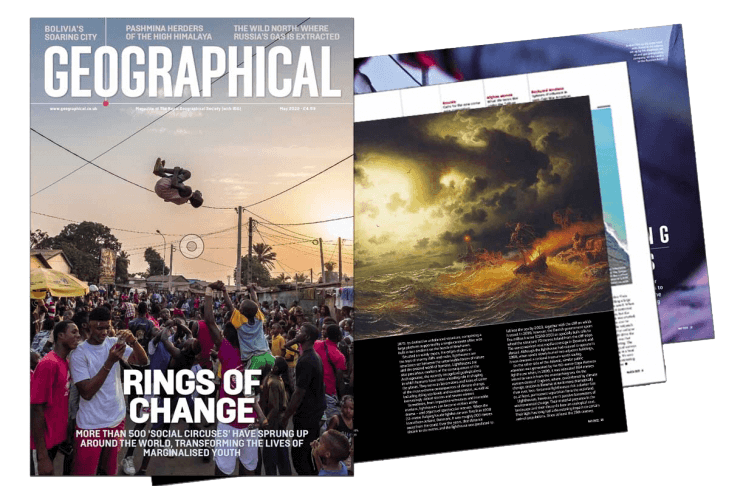
Subscribe to our monthly print magazine!
Subscribe to Geographical today for just £38 a year. Our monthly print magazine is packed full of cutting-edge stories and stunning photography, perfect for anyone fascinated by the world, its landscapes, people and cultures. From climate change and the environment, to scientific developments and global health, we cover a huge range of topics that span the globe. Plus, every issue includes book recommendations, infographics, maps and more!

